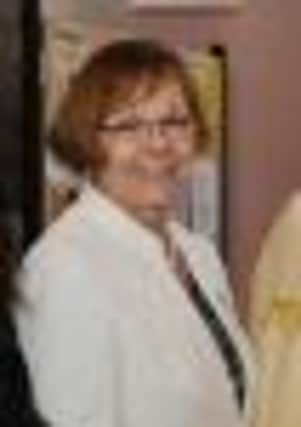Head teachers’ concerns at plans to reform GCSE exams


Proposals to replace the qualification with the English Baccalaureate were announced last month by Education Secretary, Michael Gove. Key to the reforms is abolishing modular courses and controlled assessment, instead having a single exam at the end of the course.
Della West, head teacher of Davison High School in Worthing, said the reforms were a “retrograde step”.
Advertisement
Hide AdAdvertisement
Hide AdShe said: “I just think that it is going back to the old O-level system that I did myself. Girls traditionally do better in controlled assessment and they like seeing their success building up, so our students may be disadvantaged by the single exam.”
A nationwide consultation is due to take place before plans are passed. Mrs West added: “It could have been a powerful consultation, but I fear the cart has been put before the horse and he’s already made up his mind. We’re told exams are too easy but not that teaching is better, so it’s a catch 22.”
Other plans include getting rid of the foundation and higher-tier structure and ending competition between exam boards by limiting subjects to one set board. Jim Stearns, headmaster at Shoreham College in Shoreham, said: “Like many heads, there are elements of Mr Gove’s proposed reforms that I would welcome, such as raising standards and a leveling of the playing field. However, I do share the concerns of others about the ability of a single, final examination being able to successfully stretch the brightest and bring out the best in the weakest.”
David Carter, head teacher at St Phillip Howard Catholic High School, in Barnham, said he hoped schools would be consulted properly. He said: “We applaud the government’s desire to raise academic standards and put in place relevant and rigorous qualifications for the 21st century, however those responsible for delivering these aims should be consulted and listened to carefully.”
Facts and figures
Advertisement
Hide AdAdvertisement
Hide Ad-The GCSE was set up in 1986. It replaced the CSE and O-levels
-They were introduced by the conservatives
-Since its inception, grades have risen year-on-year.
-Between 2000 and 2009, the number of A*-C grades rose by over 10 per cent
-About a third of students receive A* or A grades
-This summer the number of A*-C grades fell by 0.4 per cent
-Thousands of English papers have had to be re-marked
-The new qualification will be called the “Ebacc”
-If reforms are passed, the first exams will take place in 2017
-It is estimated that only one in 10 students will pass with the top grade in the “Ebacc”